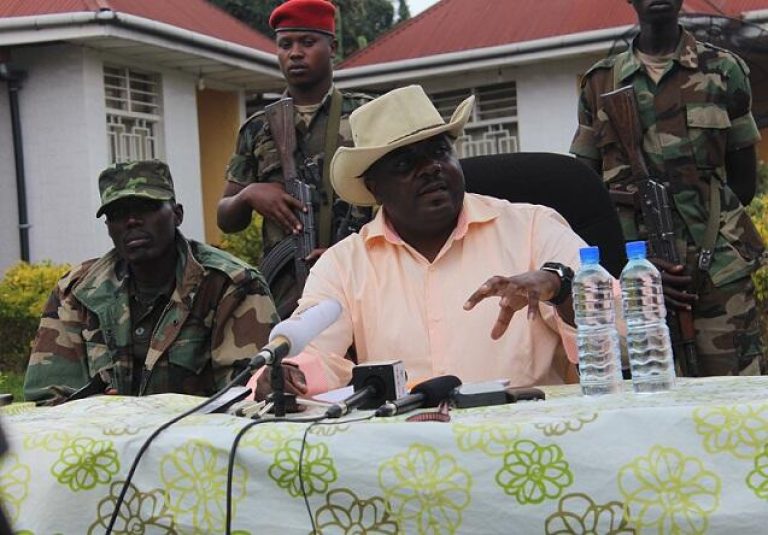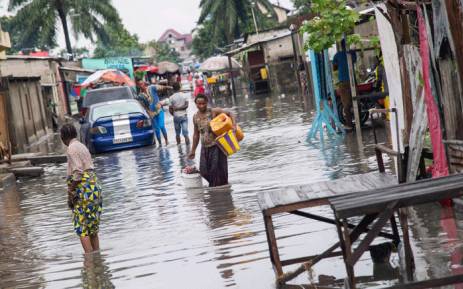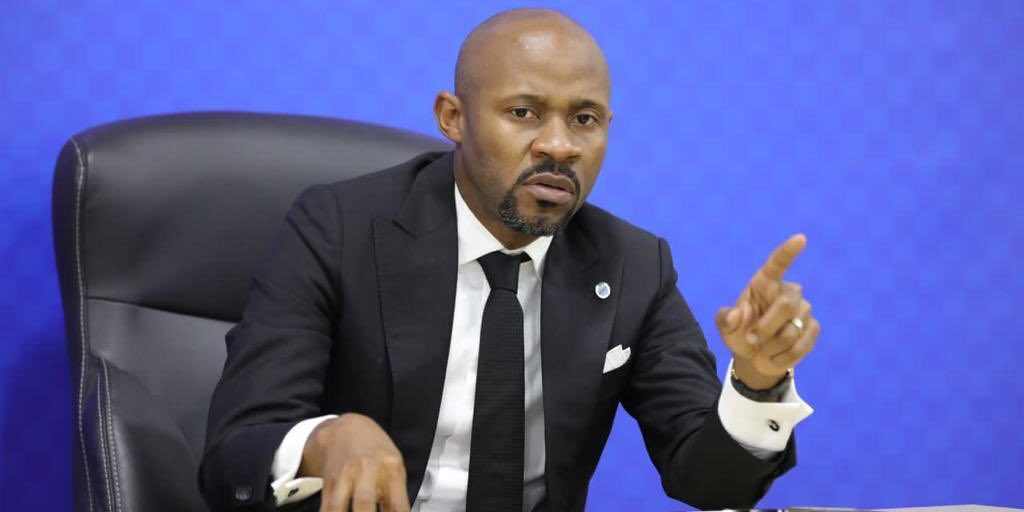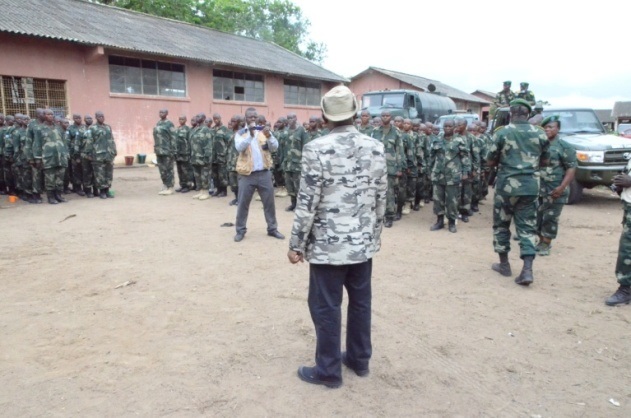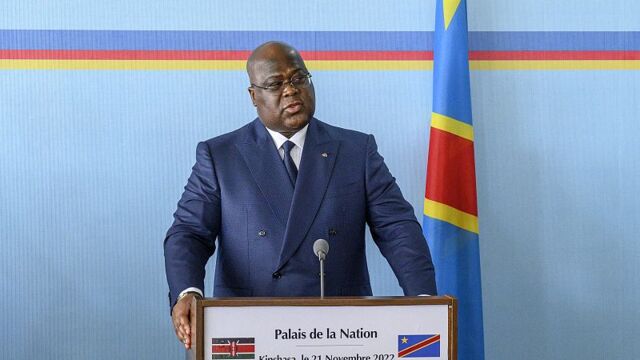Regional
DRC: After four years in power, has Tshisekedi delivered?
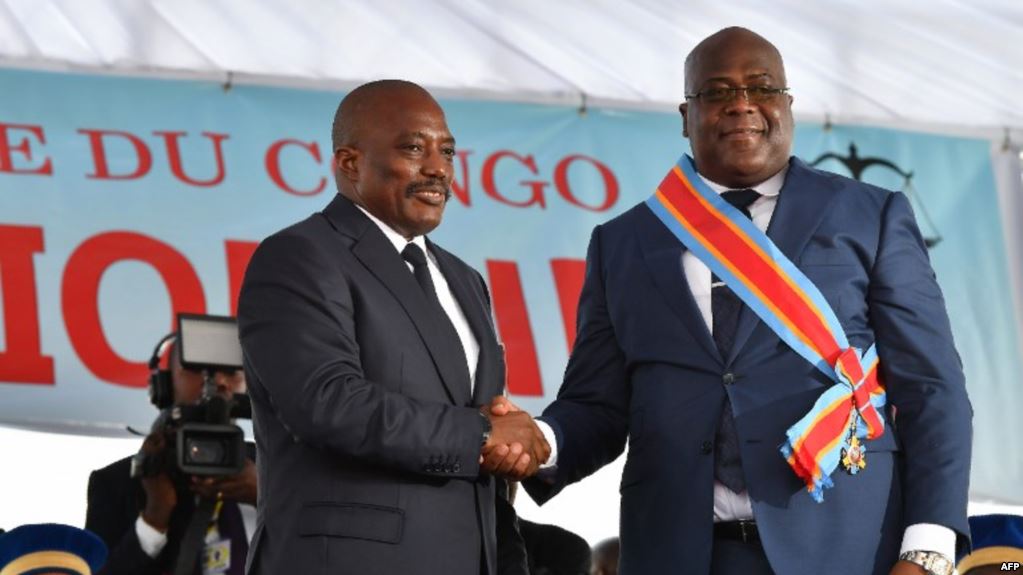
It’s
been four years since President Felix Tshisekedi of the Democratic Republic of
Congo (DRC) vowed to deliver on string of promises as a first president to come
to power in a peaceful transition.
From
assuring the Congolese that he will bring peace to the volatile east of the
country, to breaking the chains of corruption that tied his country to unending
poverty for decades, the man has nothing to show yet another general election
is set for December 2023.
After
applauding the peaceful power transition, Congolese were hopeful they would be
able to live in an outstanding country under Tshisekedi’s leadership, expecting
to overcome the country’s long time problems of insecurity, divisions,
corruption, communicable diseases and poverty, among others. But their dreams
turned into nightmares.
Tshisekedi’s
first year in power, 2019, saw the escalation of hostilities in the east of the
country. The Islamic States-backed Allied Democratic Forces (ADF) executed
thousands of civilians and forced others to flee their villages. Reports reveal that between November and
December 2019 only, the ADF killed more than 340 civilians. The armed group’s
massacres are still on in the fourth year of Tshisekedi’s leadership.
He declared
a ‘state of siege’ on May 1, 2021, hoping that it will end armed groups’
violence but it failed despite being extended 22 times. Instead, the massacres,
rapes and property destructions doubled.
A UN
report indicates that civilian deaths mounted from 559 between June 2020 and
March 2021 to 1,261 for the same period in 2021.
While
in opposition Tshisekedi blamed former President Joseph Kabila of being unable
to deal with the M23 rebels’ problem, and accused him of “selling out the
country” to Rwanda. Now, however, nearly one year since the resurgence of the
M23, there is no real sign that Tshisekedi can defeat the rebellion or resort
to reasonable dialogue for a win-win solution by sorting out the rebellion’s
concerns.
At his
inauguration, in January 2019, he said that he wanted to "build a strong
Congo, turned toward development in peace and security - a Congo for all in
which everyone has a place.”
But
the manner in which he has handled the M23 rebellion is evidence enough that he
lied during his inauguration speech.
Today,
the Kinyarwanda speaking Congolese are treated like they are foreigners in the
country. His government promotes hate speech against CongoleseTutsi, often telling
them to return back to Rwanda. They are discriminated, harassed, tortured and
often killed.
Around
the country, people are lamenting on how their government is obsessed with the
M23 rebels to the extent that it forgot to stop atrocities being committed by other
armed groups in Ituri Province.
One Ituri
resident said: “The case of the M23 makes everyone forget Ituri. People are
dying silently. No one cares while the situation has completely deteriorated.
The killings continue, the authorities of the state of siege came, instead of
fighting the armed groups they joined them and now the armed groups secured the
city.”
Apart
from being unable to handle the security crisis, Tshisekedi, also failed to fight
against embezzlement of public funds and corruption as promised during his
campaign. He said that this problem will be top priority, but DRC is still losing
an average $15 billion per year to fraud, corruption and mismanagement of public
funds.
Tshisekedi’s former chief of staff, Vital
Kamerhe, in 2021 was sentenced to 20 years after facing charges of embezzling almost
$50 million of public funds. But he was released in December 2021 and is now
free to run in the 2023 presidential elections. The same applied to the former
minister of Education, Willy Bakonga, who was sentenced to three years in
prison for money laundering in April 2021 but granted presidential pardon and
released in November 2021.
These
corruption cases are just drops in the ocean. Tshisekedi’s promises were a
fairytale to his people. He committed himself to reducing poverty by increasing
the average income per person to $11 a day but, currently, nearly three in four
people live on less than $1, per day, representing one of the largest
populations in the world living in extreme poverty.
Tshisekedi
has failed his compatriots. He raised everyone’s expectations on positive
changes but only delivered unnecessary wars and instability. The balance sheet
of accomplishments in the past four years appears rather meagre.
Things
are just getting worse and worse for majority Congolese citizens.


